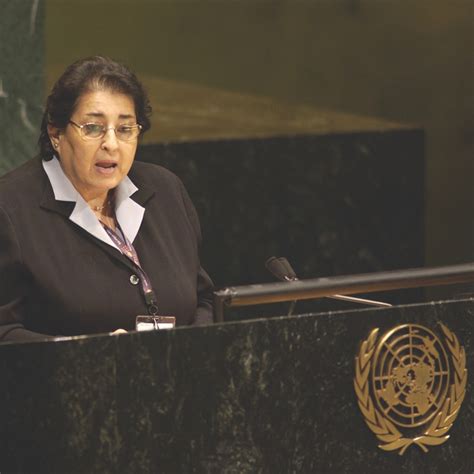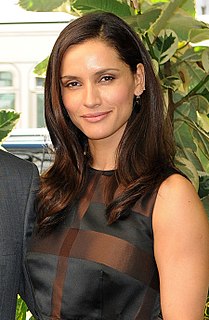A Quote by Daniel Kahneman
It's clear that policymakers and economists are going to be interested in the measurement of well-being primarily as it correlates with health; they also want to know whether researchers can validate subjective responses with physiological indices.
Related Quotes
I know well enough that very few people who are supposedly interested in writing are interested in writing well. They are interested in publishing something, and if possible in making a "killing." They are interested in being a writer not in writing. . . If this is what you are interested in, I am not going to be much use to you.
I write with two things in mind. I want to be right with my fellow economists. After all, I've made my life as a professional economist, so I'm careful that my economics is as it should be. But I have long felt that there's no economic proposition that can't be stated in clear, accessible language. So I try to be right with my fellow economists, but I try to have an audience of any interested, intelligent person.
We also know that the various faith-based institutions provide about 50 per cent of the health and education services in the poor communities; we also know that they have a large constituency including women and youth; they have outreach and networks and they are credible to their people. If we want to achieve the Millennium Development Foals by scaling up the responses of all the communities, do we ignore this large investment in people? Or do we engage in dialogue and in action?
I remember my first acting class: I was like, 'That's it.' If I know that I want to do something then I'm going to do it and there's no stopping me, whether it's if I want to take a movie part or don't, or eat sushi for lunch or don't. There's always a very clear goal. Once I figure out what I want that's it.
Doctors and scientists, being part of that two-sex culture, have done everything they can to try to force people who are in-between into one of the two clear types. Intersex people themselves have also generally wanted to fit into one of the two clear categories; most are not interested in being in a 'third' type.





































